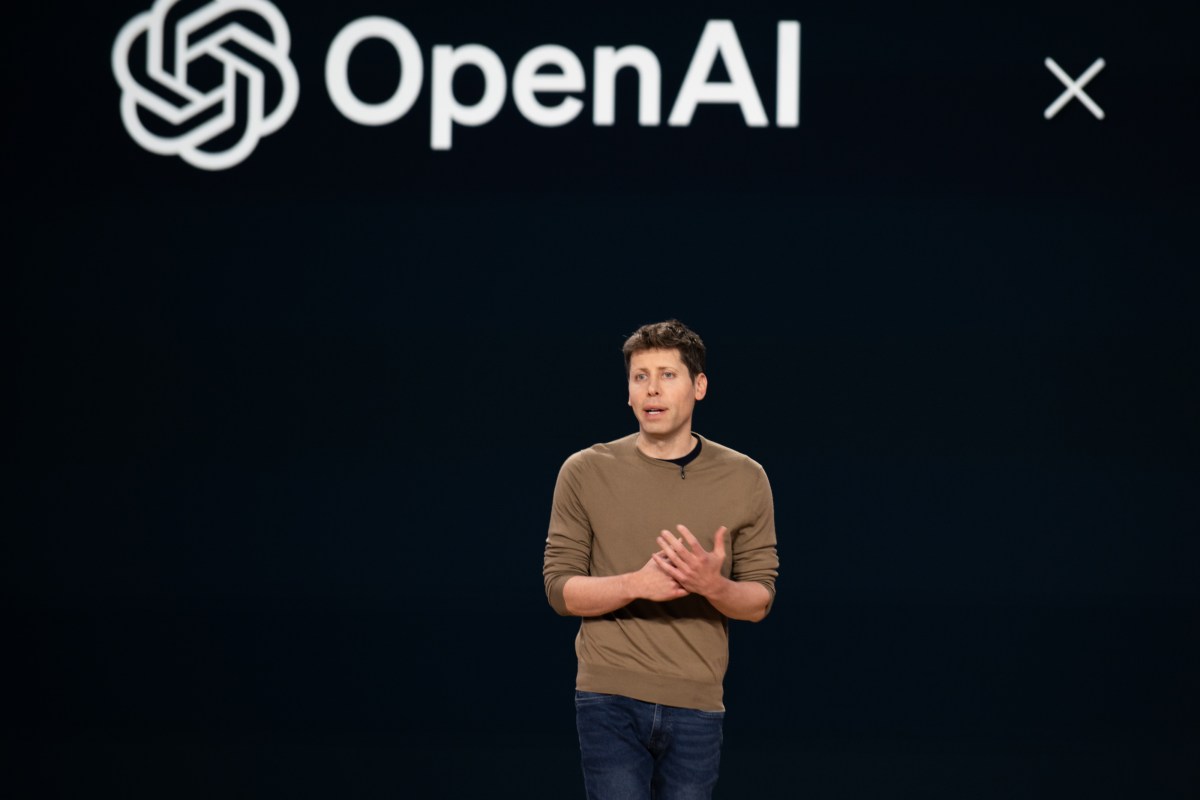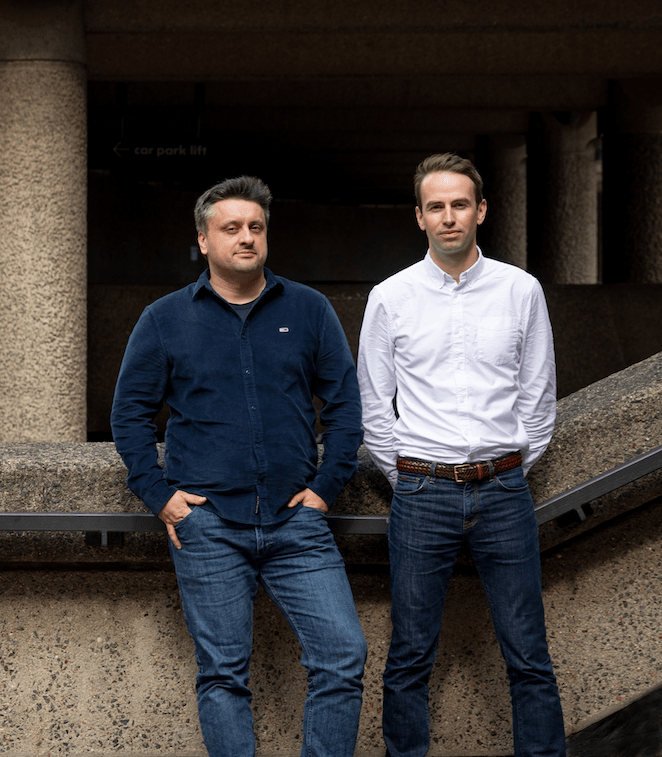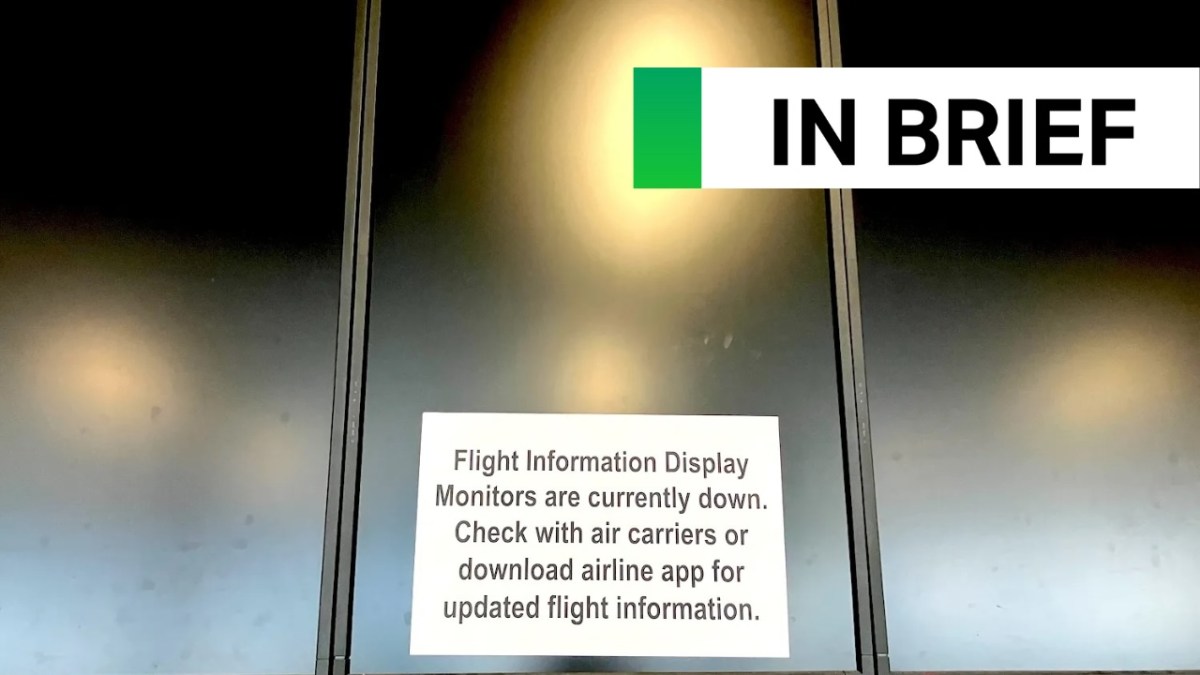One of India’s largest news agencies, Asian News International, has sued OpenAI in a case that could set a precedent for how AI companies use copyrighted news content in the world’s most populous nation.
Asian News International filed a 287-page lawsuit in the Delhi High Court on Monday, alleging the AI company illegally used its content to train its AI models and generated false information attributed to the news agency. The case marks the first time an Indian media organization has taken legal action against OpenAI over copyright claims.
During Tuesday’s hearing, Justice Amit Bansal issued a summons to OpenAI after the company confirmed it had already ensured that ChatGPT wasn’t accessing ANI’s website. The bench said that it was not inclined to grant an injunction order on Tuesday, as the case required a detailed hearing for being a “complex issue.”
The next hearing is scheduled to be held in January.
“We take great care in our products and design process to support news organizations,” an OpenAI spokesperson told TechCrunch in a statement. “We are actively engaged in constructive partnerships and conversations with many news organizations around the world, including India, to explore opportunities, listen to feedback, and work collaboratively.”
The lawsuit adds to mounting global pressure on AI companies over their use of copyrighted material. OpenAI currently faces over a dozen similar lawsuits in the US, two in Canada and one in Germany, according to statements made in court.
OpenAI’s counsel Amit Sibal defended the company’s practices, arguing that copyright laws don’t protect facts and that ChatGPT allows websites to opt out of data collection. The Microsoft-backed firm has no servers in India and maintains that the suit lacks jurisdiction, he added.
ANI’s lawyer, Sidhant Kumar of law firm UNUM Law, countered that public availability doesn’t grant rights to exploit content. The agency expressed particular concern about ChatGPT attributing fabricated interviews to ANI, including a non-existent conversation with Rahul Gandhi, who leads the opposing party to the current party in power.
In its lawsuit, ANI has argued that such “hallucinations” pose a real threat to the news agency’s reputation, and that the spread of fake news can lead to public disorder.
The court plans to appoint an independent expert to advise on the copyright implications of AI models using publicly available content. The judge will examine additional technical aspects of how news content spreads across multiple platforms in future hearings.




